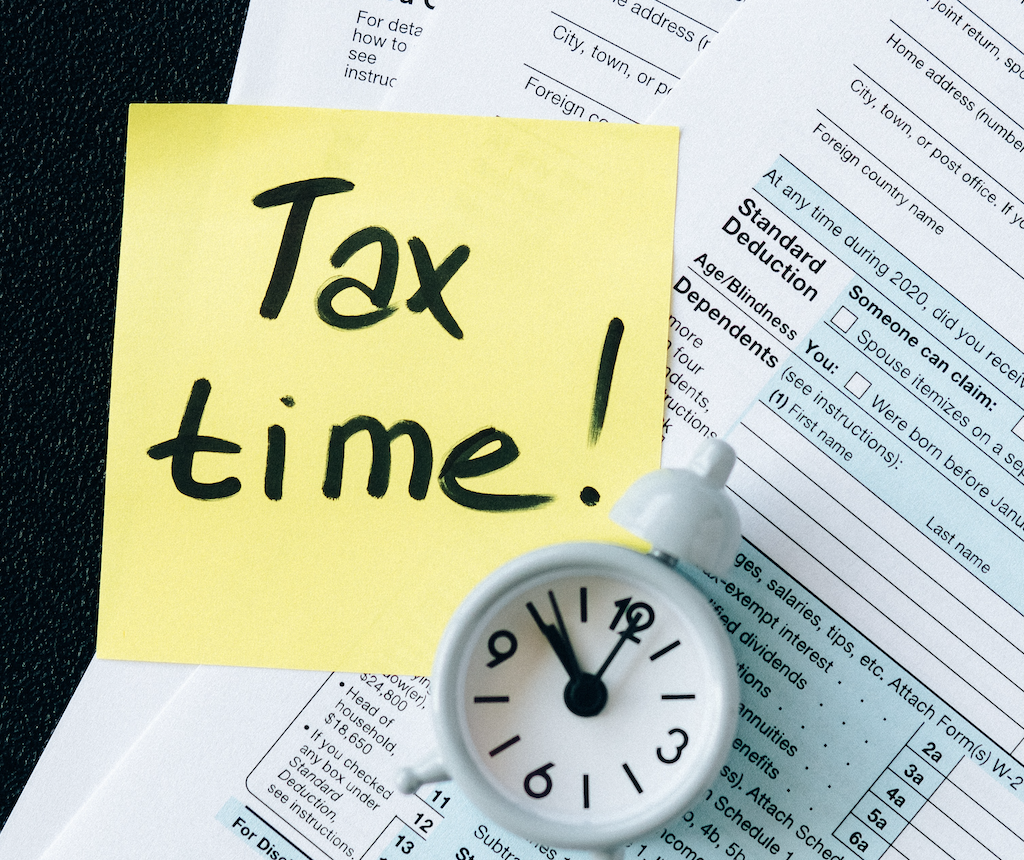Buying a property is a huge milestone in many Canadians’ lives. With the cost of living and high rents fast increasing across Canada, owning a home is a great ambition for many. The dream of home ownership can, however, fast become a financial nightmare if not tackled with careful consideration. Owning a home will likely eat into a significant amount of your income due to mortgage payments, property taxes, utility bills, and maintenance. If your finances are not planned out effectively, some Canadians might find themselves in a situation of being ‘house poor’. House poor refers to owing a large part of your income towards the cost of owning a home, without sufficient funds left over for other financial goals, savings, or disposable income. The Canada Mortgage and Housing Corporation (CMCH) recommends that households in Canada should spend no more than 32% of their gross monthly income on housing costs. This is known as your gross debt-to-income ratio. In this article, we will explore how to avoid becoming house poor through some simple strategies.
How can you become house poor?
Purchasing a property you cannot afford is the most typical reason that Canadians can become house poor, although it is not the only reason. Here are some of the other reasons you can find yourself house poor:
- Job loss, or a reduction in income
- A lack of savings or emergency funds
- The expenses of being in a sandwich generation. Examples include paying for daycare for your children, and long-term care for elderly parents
- Excessive consumer debt
How to avoid becoming house poor
Thankfully, it is possible to avoid becoming house poor with some simple strategies. Here are our top tips for avoiding becoming house poor:
Set a realistic budget
Before purchasing your home, you must create a realistic budget. You should calculate your monthly income and outgoings, including all housing costs, property taxes, utility bills, transport, groceries, insurance, maintenance, savings, and disposable expenditures. This will help you have a clear idea of what you can afford for a property. You should follow the CMCH guidelines of spending no more than 32% of your gross household income on your home. This will help to ensure you have some wriggle room once all your bills have been paid, and prevent overstretching.
Save for a healthy downpayment
Although the minimum downpayment needed in order to buy a home in Canada is usually 5% of the purchase price, it is a good idea to aim for a larger downpayment. Doing so can significantly reduce your monthly mortgage payments. Having a 20% downpayment will help you to avoid paying mortgage default insurance, which can save you thousands of dollars over the course of your mortgage.
Choose a home within your means
It is easy for us all to fall in love with the property of our dreams, that may also be well beyond our budget. It is really important to be practical, and consider how this could affect your long term finances. Instead, choose a home that is within budget, and accounts for additional funds needed for savings, investments, and emergency expenses.
Avoid adjustable rate mortgages
Although adjustable rate mortgages (ARMs) may offer lower interest rates initially, they can result in unpredictable monthly payments if interest rates rise. Choosing a fixed rate mortgage instead offers stability, and means you can confidently budget for the months ahead.
Plan for the future
Owning a property means ongoing maintenance and repair costs will be required at some point. You should try to prepare for these as best you can by building up an emergency fund or savings account, specifically for home-related repairs. Keeping on top of home repairs can prevent expensive problems later down the line.
Avoid spending too much on home improvements
Inevitably, we will all want to make improvements on our homes to make them look better. While renovations can add value to your home, over-improving beyond the reasonable resale value of your neighbourhood should be avoided. Putting too much money into renovations might not result in the same return when you sell.
Budget for home repairs
Part of owning a home means ongoing maintenance and repairs are inevitable. You should factor these into your budget so that it is easier for you to cover any smaller repairs and maintenance. Having room in your budget for maintenance means that you can be more prepared for any larger expenses like leaks.
Minimize your debts
A quick way to becoming house poor as a homeowner is having a large amount of debt. It means that you would likely have very few funds left over once your bills, including home and credit payments, have been paid. If left unresolved, it can lead to financial consequences, and the potential for your home to be repossessed.
Prepare for income changes
Before purchasing a property, you should consider carefully how long you think you will live there. If you can, you should also try to predict how your income may change over time. If you think there will be a drop in your income in the future, you should consider how that may affect making your mortgage payments in the future.
Consider your financial goals
Think about what you want to achieve longer term. Do you plan to retire with healthy savings, provide education funds for your children, or pay off your debts? You need to ensure that the costs of your mortgage and property will continue to allow you to meet these goals without causing damage to your finances.
Speak to a Licensed Insolvency Trustee
If you are concerned about becoming house poor, you may wish to speak to a Licensed Insolvency Trustee. As the only professionals in Canada legally able to file all forms of debt relief, they are well placed to offer advice and insights on your financial situation and how to improve it. They can help you to understand how to ease your financial situation and reduce or eliminate debts to help you in managing your housing costs.
Following these steps will help you know how to avoid becoming house poor and ensure home ownership is enjoyable. If you are concerned you are house poor and you never have enough money left at the end of the month, our experienced Licensed Insolvency Trustees at Spergel can help you. Book a free consultation with Spergel to learn more about the best solution for your financial circumstances. Owning a home should make your life better, not hinder your finances, so reach out today.



















